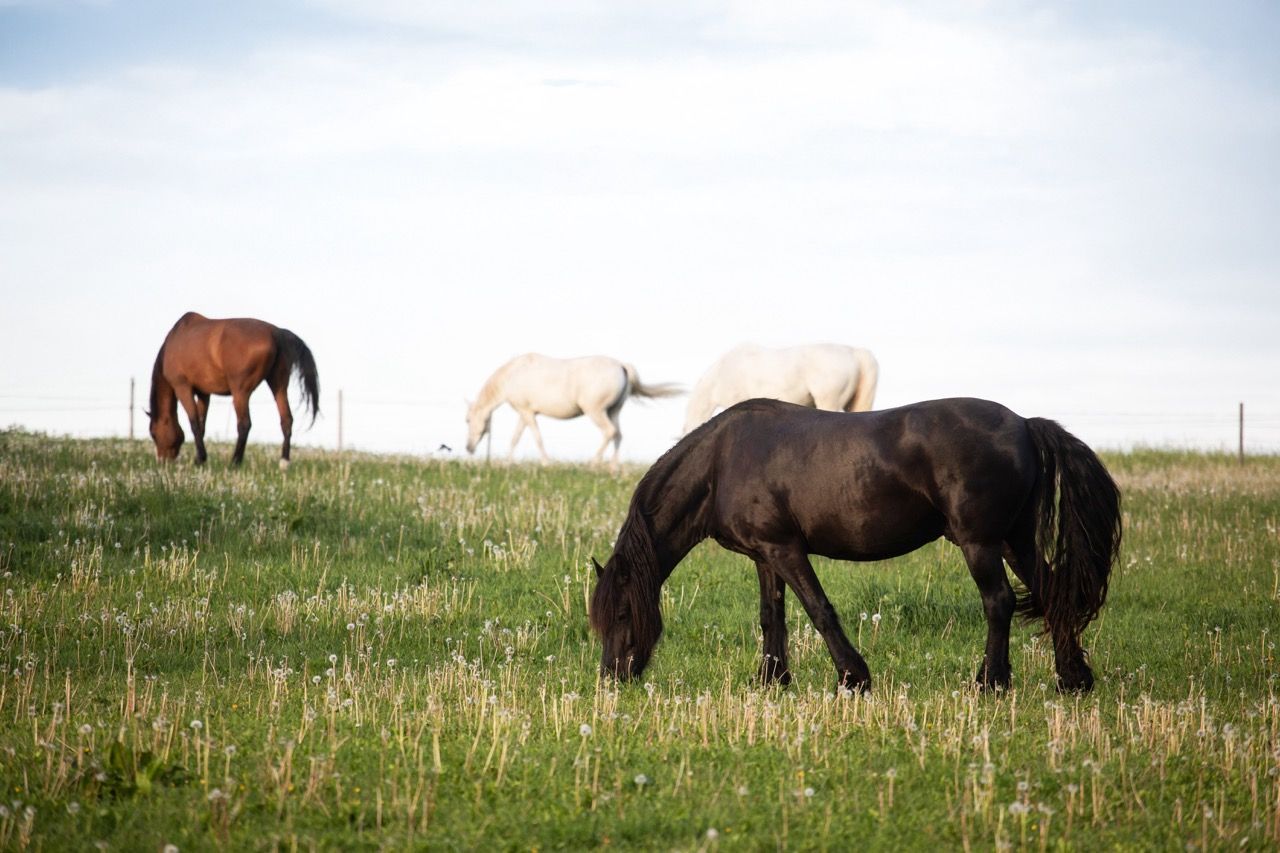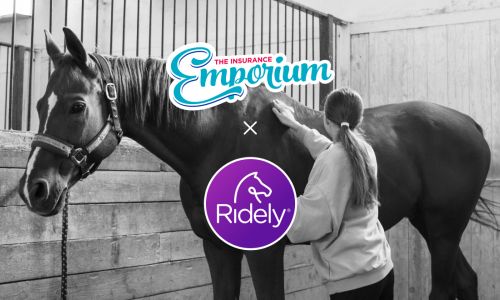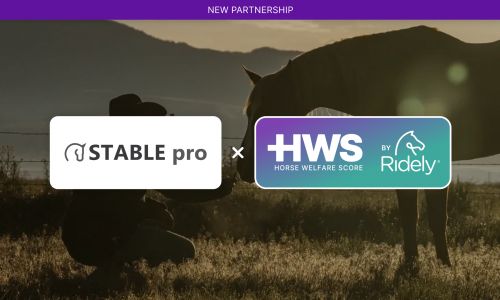What is Colic in Horses? Signs, and How to Prevent it
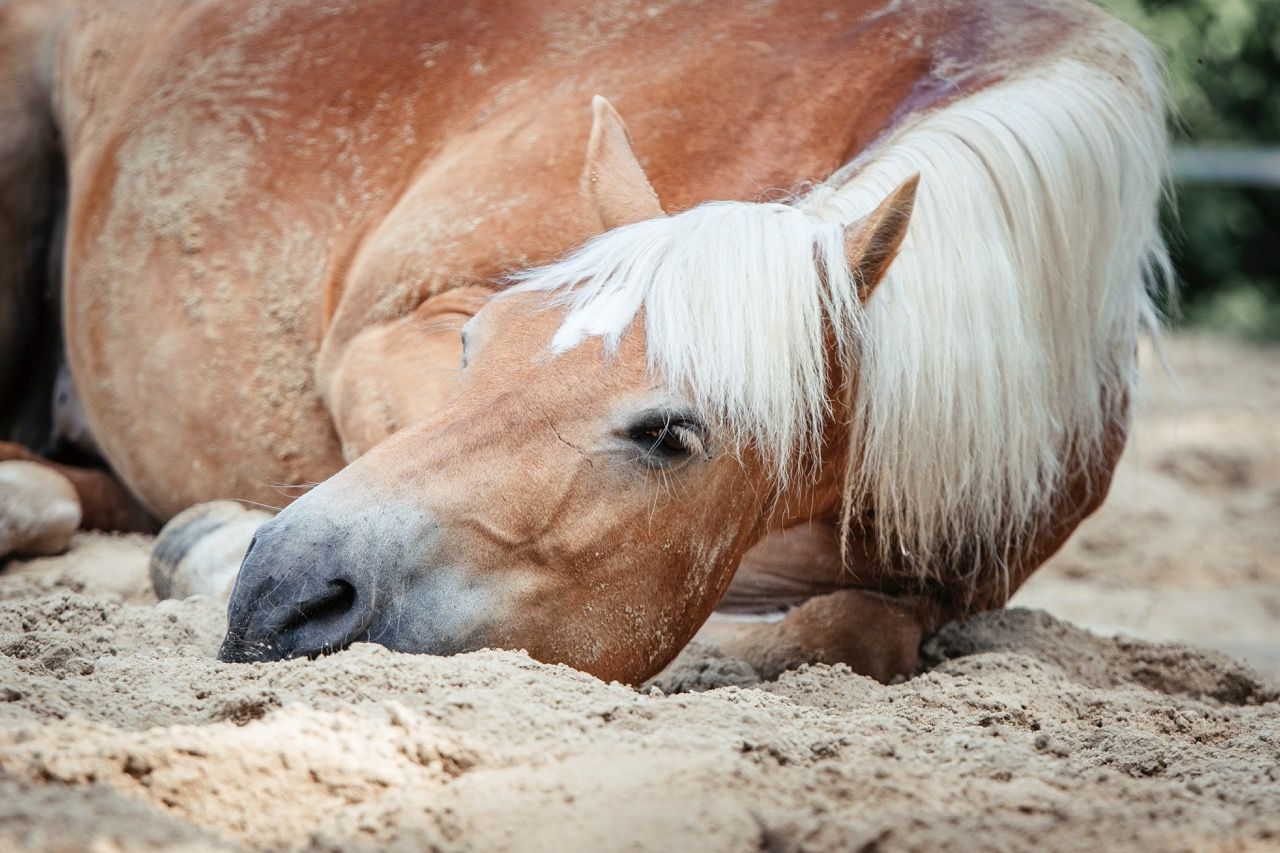
Colic is a serious concern for horse owners and a leading cause of emergency vet visits for horses globally. Learn how to identify, manage, and prevent colic to keep your horse healthy and happy!
What is Colic in Horses?
Colic refers to abdominal pain in horses and is a broad term encompassing a variety of digestive issues. Colic can range from mild discomfort to a severe, life-threatening condition. Colic is a common reason for emergency vet calls and is a significant concern for horse owners and insurance companies alike.
Key Symptoms to Watch For:
- Pawing at the ground or kicking at the belly
- Restlessness or repeatedly lying down and getting up
- Excessive rolling
- Loss of appetite
- Decreased or absent gut sounds
- Sweating and rapid breathing
- Looking dull and un-interested in their surrounds
⏰ The earlier colic is identified, the better the outcome, so recognizing these symptoms is crucial for a timely response.
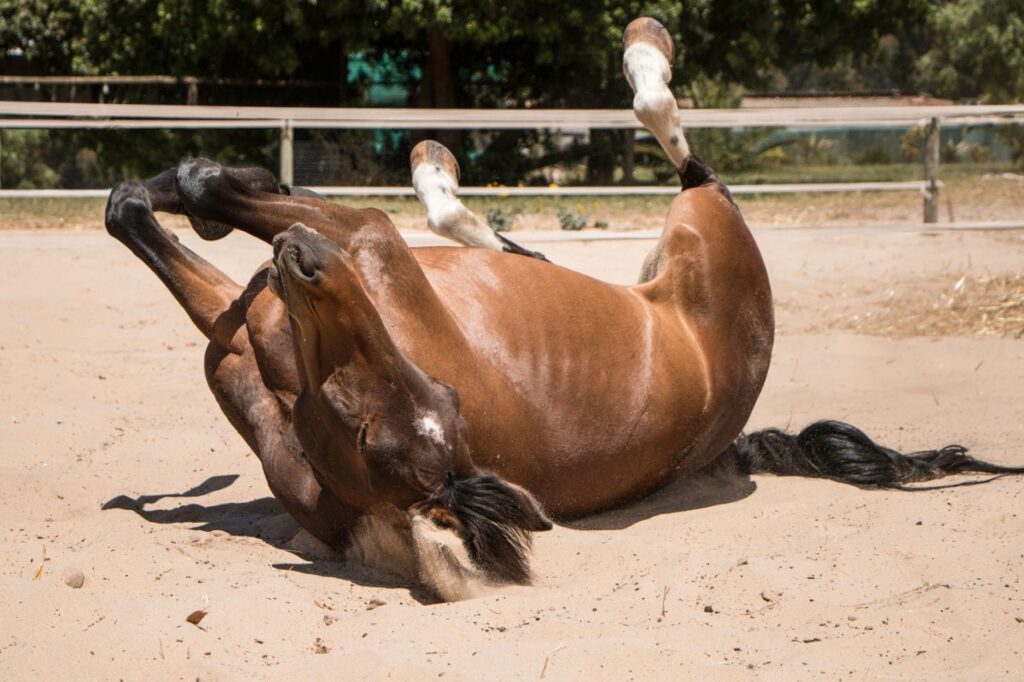
Types of Colic
Understanding the different types of colic can help identify the best course of action:
- Gas Colic – Caused by excessive gas buildup, often due to changes in diet or feed quality.
- Impaction Colic – Occurs when feed or foreign material blocks part of the intestine.
- Spasmodic Colic – Caused by intestinal spasms, often triggered by stress, dehydration, or sudden changes in diet.
- Displacement/Torsion – A severe form of colic where the intestines become twisted. This requires immediate veterinary attention and potentially surgery.
How to Respond to Colic in Horses
Immediate Action:
- Call Your Veterinarian: Always consult your vet if you suspect colic. Time is critical, and delaying could lead to worsening symptoms or complications.
- Keep the Horse Calm: Minimize stress by keeping the horse in a safe, enclosed area. Walk the horse to prevent excessive rolling but don’t overdo it, as fatigue can worsen the condition.
- Monitor Symptoms: Track the horse’s behavior and any changes in gut sounds, bowel movements, and overall demeanor. This will help your vet make an informed decision when they arrive.
- Avoid Feeding: Until your vet arrives, refrain from giving the horse any food. Water is fine and encouraged unless advised otherwise by your vet.
When Surgery May Be Necessary 👇🏼
In severe cases, such as displacement or torsion, surgery might be required to correct the issue. This highlights the importance of early detection and intervention, as delayed treatment can lead to more complicated and costly outcomes. Colic surgery can be a life-saving option, but it often comes with a significant financial cost, which can be stressful for horse owners.
The Role of Equine Insurance
Equine insurance can be a crucial safety net in these situations. The costs of surgery, hospitalization, and follow-up care can add up quickly, sometimes reaching thousands of dollars.
Having insurance can reduce the financial burden, giving you peace of mind and allowing you to make sound decisions during an emergency. With insurance, you can focus on what truly matters – your horse’s well-being, knowing you’re covered in the event of a serious issue. This financial security often means faster decisions, leading to better outcomes for the horse when every minute counts.
Preventing Colic in Horses
While some cases of colic are unavoidable, there are several preventive measures owners can take to minimize the risk:
Maintain a Consistent Feeding Schedule 🐴
- Horses are creatures of habit. Sudden changes in feed or feeding times can lead to digestive upset. Ensure any dietary changes are introduced gradually over 7-10 days.
Provide Ample Clean Water 💦
- Dehydration is a common trigger for colic. Ensure your horse always has access to clean, fresh water, especially in colder months when horses may be less inclined to drink.
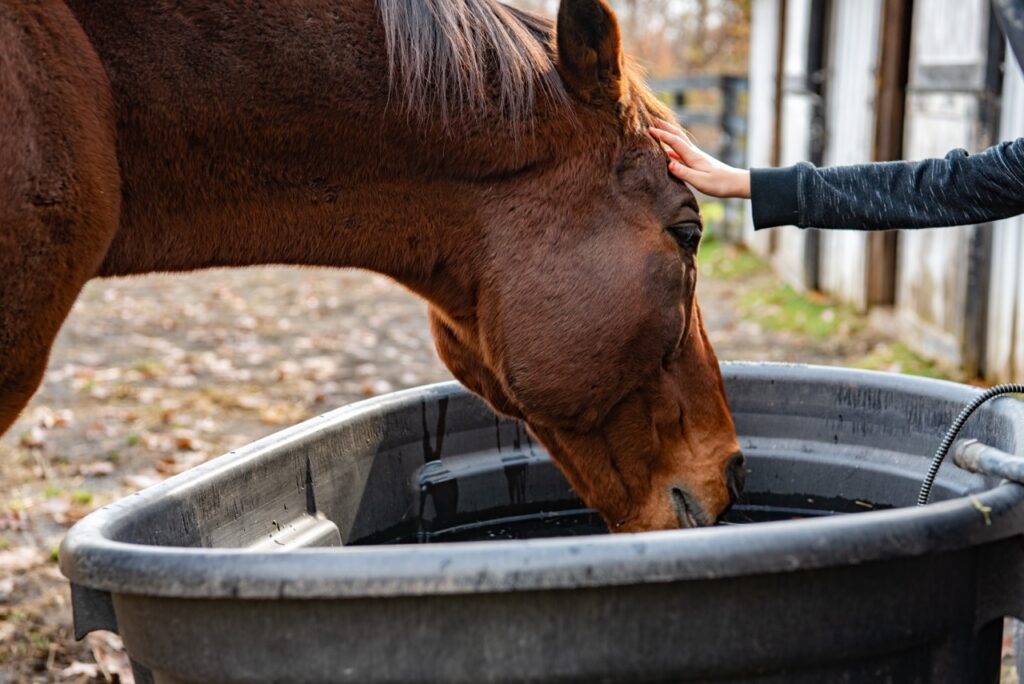
Offer High-Quality Forage 🌾
- Poor-quality or moldy feed is a major risk factor for colic. Invest in high-quality hay and grain to support a healthy digestive system.
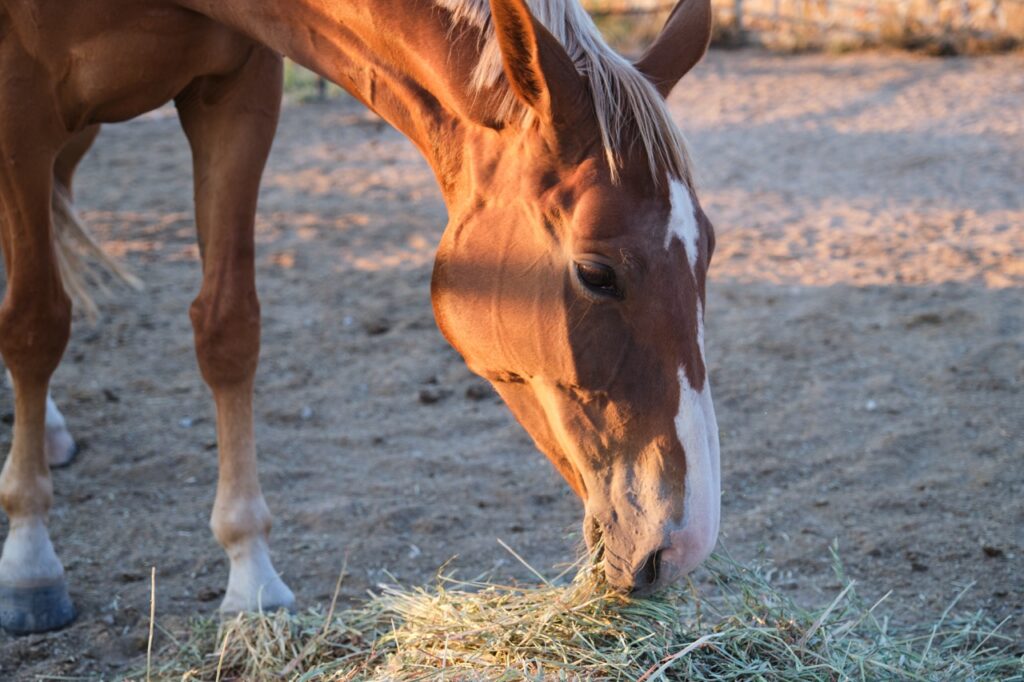
Manage Parasites 🪱
- Regular deworming and parasite control are crucial. A heavy parasite load can cause impaction or inflammation in the intestines, leading to colic.
Encourage Regular Exercise 🏇🏻
- Regular movement promotes healthy gut motility and reduces the risk of digestive issues. Horses that are stalled for long periods may be more prone to colic.
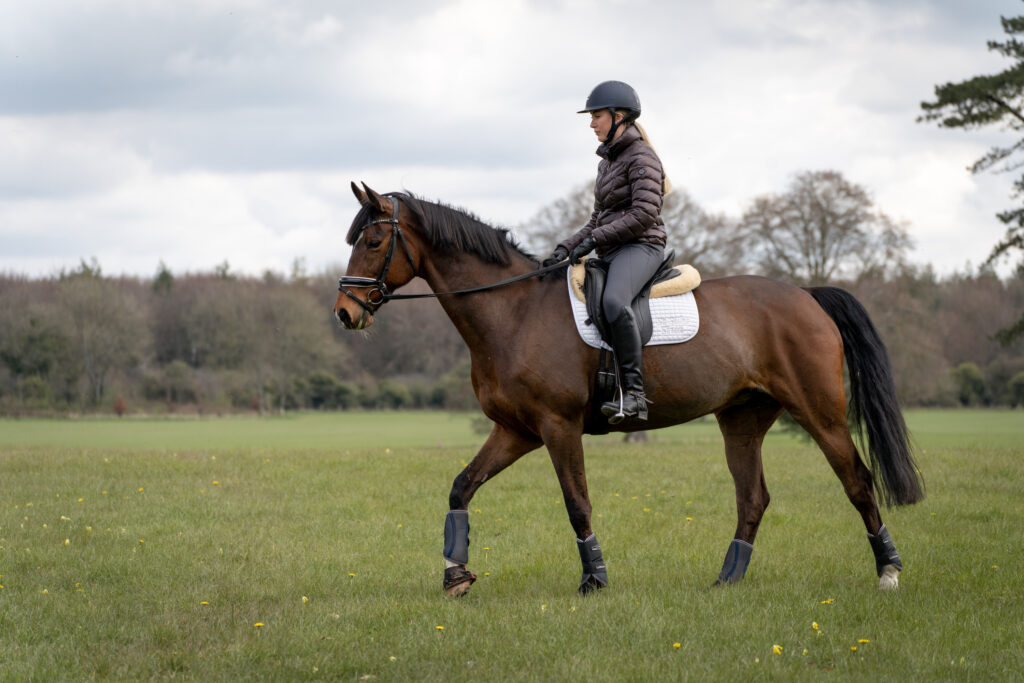
Avoid Overfeeding Grain ❌
- Overloading grain can lead to gas buildup and impaction. For most horses, forage should make up the majority of their diet, with grain as a supplement only if necessary.
Improve Gut Health 🦠
- Maintaining good gut health through a balanced diet, ample fiber, and proper microbial support helps reduce the risk of colic by ensuring smooth and consistent digestion.
Colic is a serious concern for horse owners, but understanding its signs, knowing how to respond, and implementing preventive measures can go a long way toward keeping your horse healthy. By staying vigilant and working closely with your veterinarian, you can greatly reduce the risk of colic and the associated costs—both emotional and financial.
Interested in learning more about horse health and care? Check out our extensive range of training programs and resources in Ridely to ensure you and your horse are always prepared and educated.
